The University of Aberdeen Staff Disability Network
Creating an engaging and encouraging space, surrounded by friends
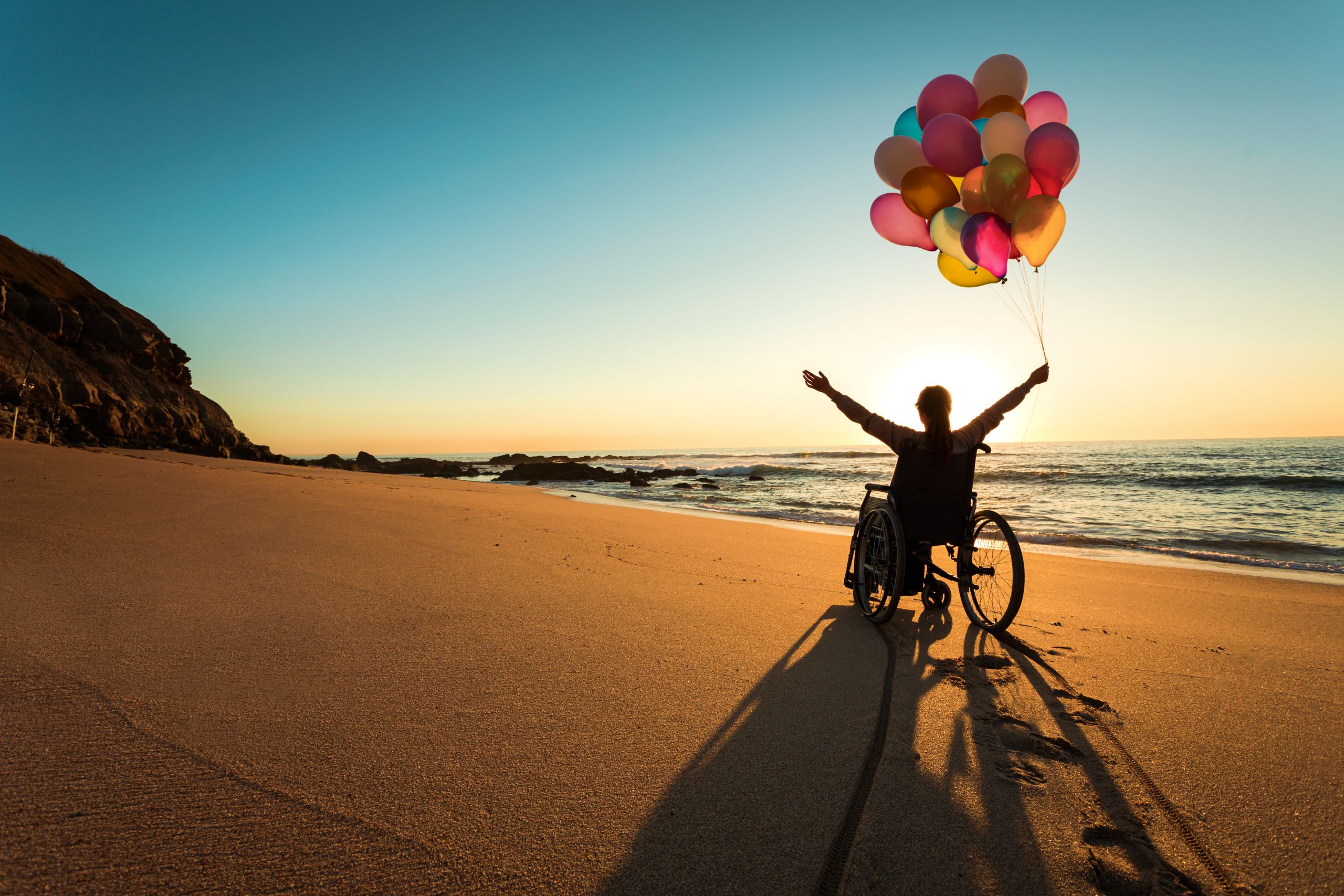
“The way in which we have had to alter our working environment due to Covid-19 has levelled the playing field for disabled people”, says Mark Paterson, joint chair of the University’s Staff Disability Network.
“The rapid shift to home working has both reduced issues of access to campus, while at the same time made others more aware of the frustrations some disabled people face every day with regards to not having all resources at hand – be this in the home or working office environment.”
Mark, known to many as the friendly face of the Cruickshank Botanic Gardens where he has been Curator for the last eight years, heads up the Staff Disability Network in collaboration with University Chaplain David Hutchison.
The group, which they have co-chaired for three years, provides a forum within the University for disabled voices to be heard and where staff can share their thoughts and concerns within a friendly and supportive environment.
It meets at least four times annually and enables disabled members of staff, those with an interest in disability issues and staff whose roles require an understanding of the additional challenges faced, to come together.
Like the rest of the University, this activity had to become virtual this year but the Network has continued to play an important role in everything from supporting disabled staff in accessing vital equipment when working at home, to providing input on access in the development of ongoing new building development across campus.
David says he was surprised to discover how wide the remit of the group was when he first ventured to one of its meetings. “When I began with the group I naively believed that it was only a self-help group and was therefore quite inward looking, but what I’ve discovered over the years is quite the opposite,” he adds.
“The group makes a valuable contribution to the University on issues pertaining to disabled access and other issues. We are keen to have our voices heard within senior management conversations and the network provides a vehicle for this. We are here to support and assist those conversations but also to criticise, challenge and make a noise when it might be needed."
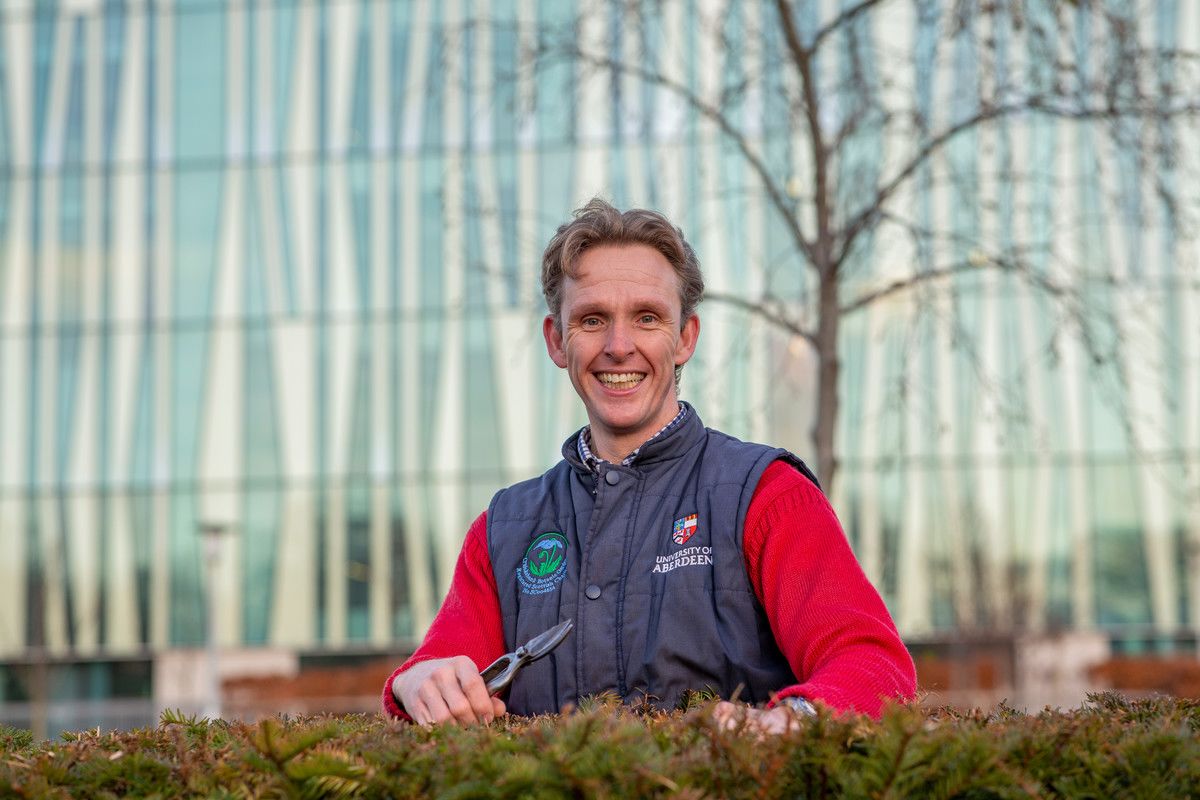
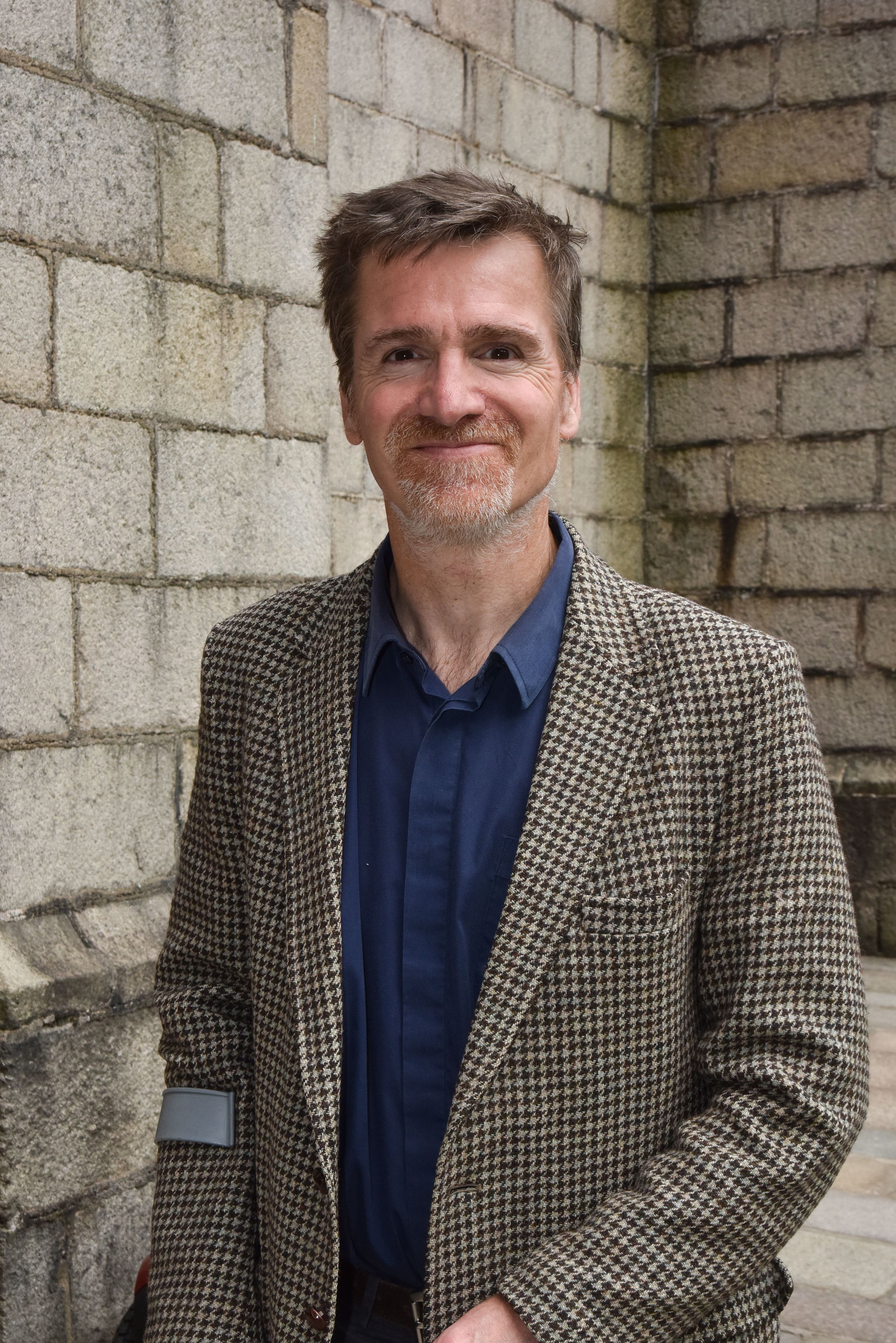
Both Mark and David have faced their own personal struggles which they are happy to share but say all are welcome to the group, whether they wish to disclose the nature of their disability, or even whether they have a disability, or not.
For Mark, his additional challenges stemmed from the moment he was born weighing just 2lbs and initially starved of oxygen.
He spent the first three months of his life in an incubator and says it is a family joke he became a gardener because so much of his early experience was spent under glass!
His premature birth resulted in cerebral palsy and despite his parents being warned walking with ease would be unlikely and that he may never climb stairs, Mark credits his mobility to a positive family outlook and never being told by them that he ‘couldn’t or shouldn’t do something’ when pursuing a career.
“My mother was a physiotherapist and growing up in Canada surrounded by the outdoors and among people who understood how to make a real difference to my progress can never be underestimated. As a young person there was enormous encouragement and attitude of ‘just do it’.
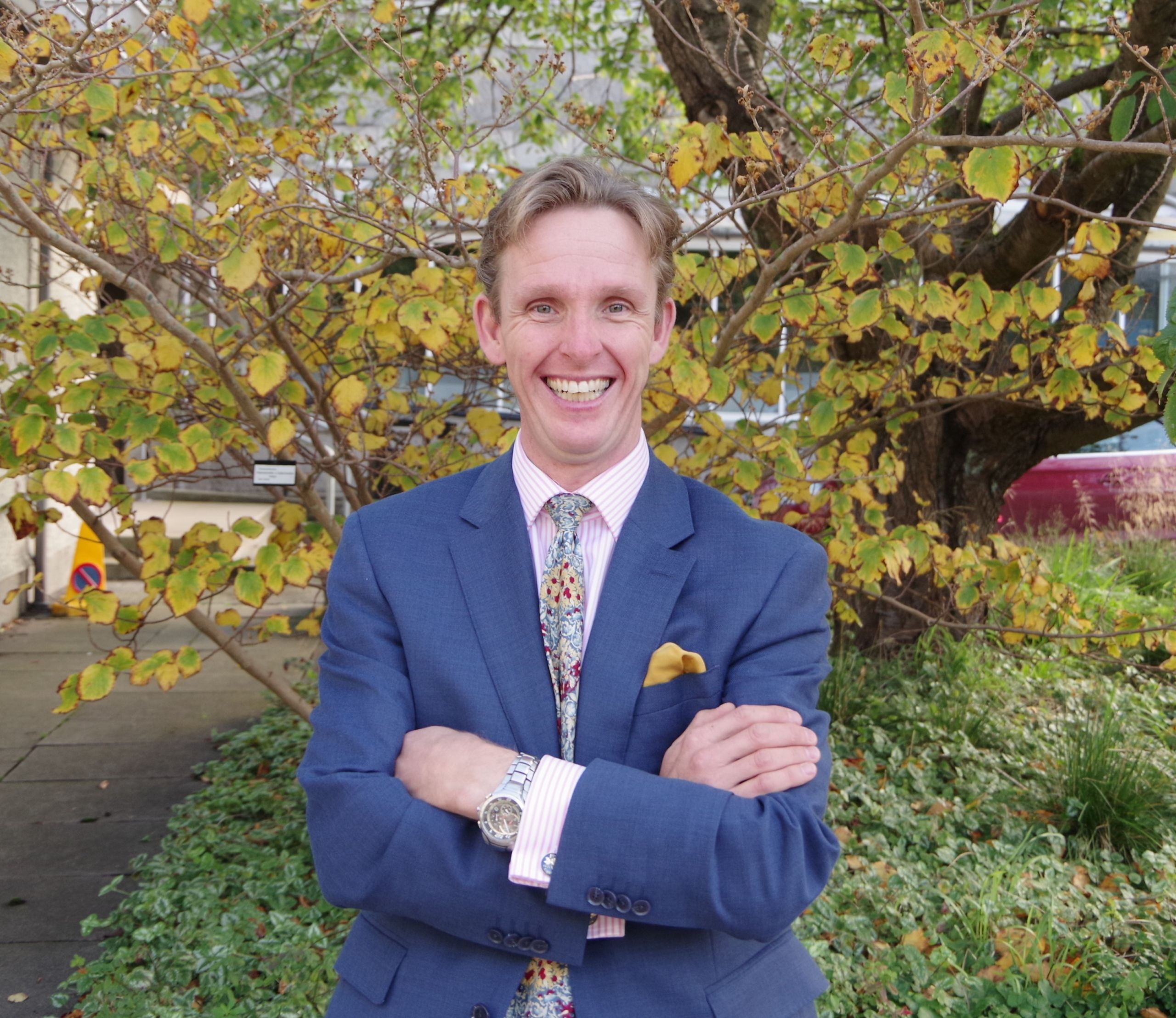
“I wanted to go into forestry originally and then that interest progressed to the study of what grew underneath the trees.”
But as he trained to follow that dream, his eyes were quickly opened to the extra challenges of the workplace.
“I will always remember as a young trainee at a very prestigious botanic garden, I suddenly found myself ostracised by some of my fellow gardeners.
“It transpired my supervisor hadn’t told them about my disability and as I slowed down during the physical working day, they thought I was being lazy.”
This helped shape his own openness regarding his disability, particularly within a field that may not seem an obvious choice for someone with a range of physical limitations.
“I find the University to be incredibly supportive and regardless of dealing with pain every day, I constantly need to find the balance between physical work and sitting down," he says, “and over the years I am finding I need more rest time than I used to. The advantage of working somewhere as lovely as the Cruickshank botanic garden is that I have a structured balance of administration combined with on-site garden planning with my team, while periodically having the additional pleasure of a little physical gardening."
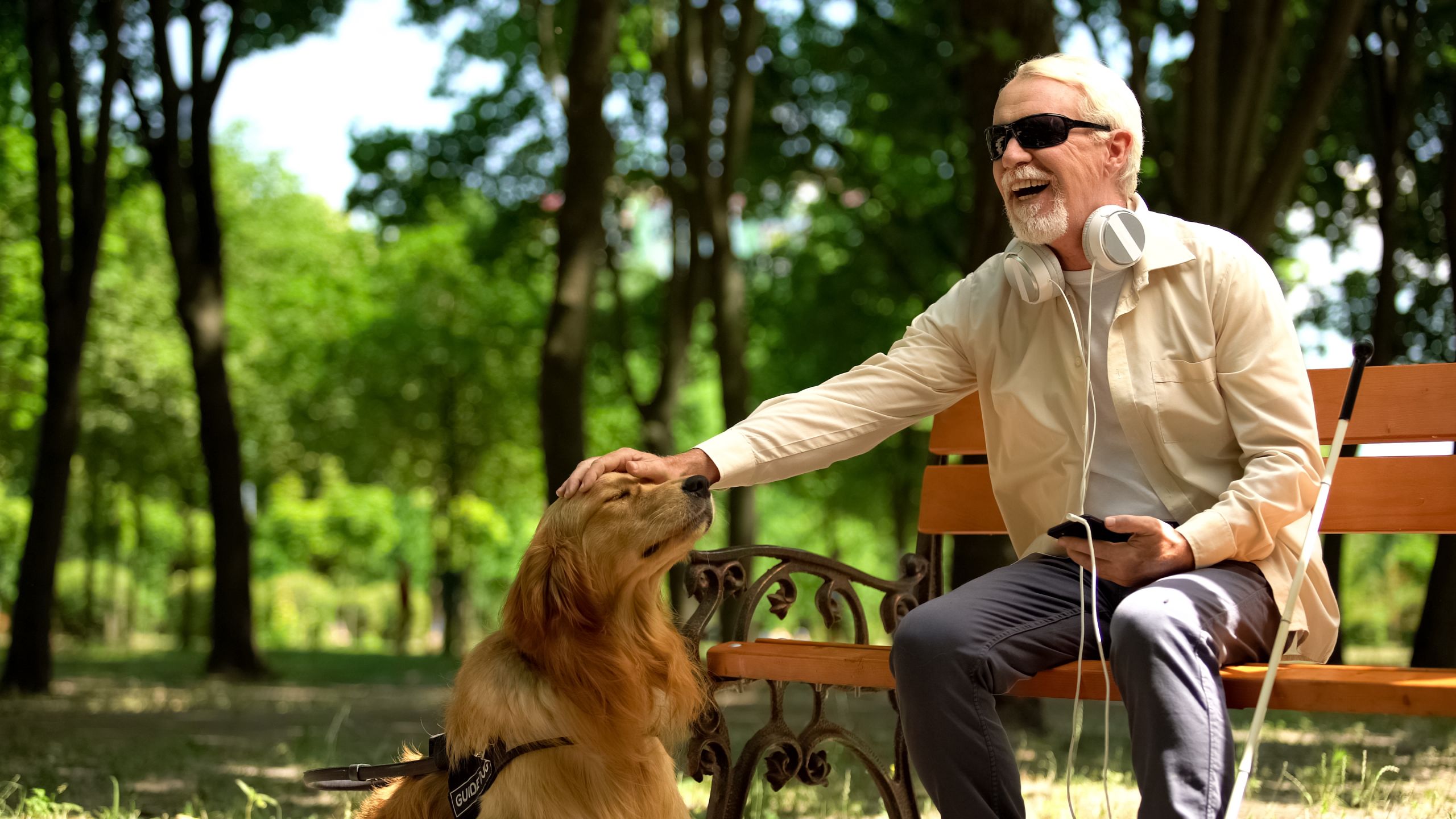
The Staff Disability Network is not only open to those with long term conditions, anyone experiencing short-term injuries such as a broken leg is encouraged to participate or to seek practical support.
David says that for many, it is this type of experience that really opens their eyes to the small differences that can facilitate more effective working.
And despite growing up with a paraplegic father and a view that ‘disability was quite normal’, his own diagnosis of primary lateral sclerosis affected every aspect of his life and faith.
“My father faced enormous physical challenges but he was a wonderful family man and Church of Scotland minister.
“I too felt called to the ministry and had many happy years in the church but in the late 1990s my own health began to go downhill.
“For six years I went from pillar to post and to medical appointments at which consultants shrugged their shoulders until a visit to a specialist in London confirmed a rare form of motor neurone disease, namely primary lateral sclerosis.
“It affected every area of my life including my faith in a loving God and I pulled out of the ministry and spent a number of years trying to work out what I could do.”
It was during this period of personal turmoil that David discovered the effect that ‘coffee, biscuits and a listening ear’ can have.
“My wife was doing a PhD and we were living close to campus so I began to visit the chaplaincy primarily out of boredom,” he adds.
“The kettle was always on and there was usually coffee and biscuits and I started to find both myself and my faith again.
“As I spent more and more time there, they began to find me more and more ‘jobs’. Initially I worked just four hours a week but this gradually increased and when the Chaplain went on maternity leave, I was there to ‘plug the gap’.
“Over this time my faith also deepened and I now realise that it is a far cry from what it was in my early career.
“Through my disability, I have grown and I’d like to think that I’m a far more considerate and understanding human being because of what I’ve been through.
“It also supports me in providing pastoral care to staff and students, which is a huge part of my role, helping people through crisis, grief, depression and loneliness.”
Creating an atmosphere and space that is engaging and encouraging is at the heart of the Staff Disability Network.
“When we meet, you feel you are surrounded by friends,” David says. “And whether we meet in person or virtually, the events of recent months have shown just how important that is for everyone.
“The University has done remarkably well in helping as many people, disabled or otherwise, to adapt to new arrangements.
“As an employer, it is very proactive in this area and many others but we can always strive to be better. Covid has demonstrated that when needed, we can all adapt and the Staff Disability Network will be here to drive this attitude forward and to support our staff as we all come to terms with the new normal.”
